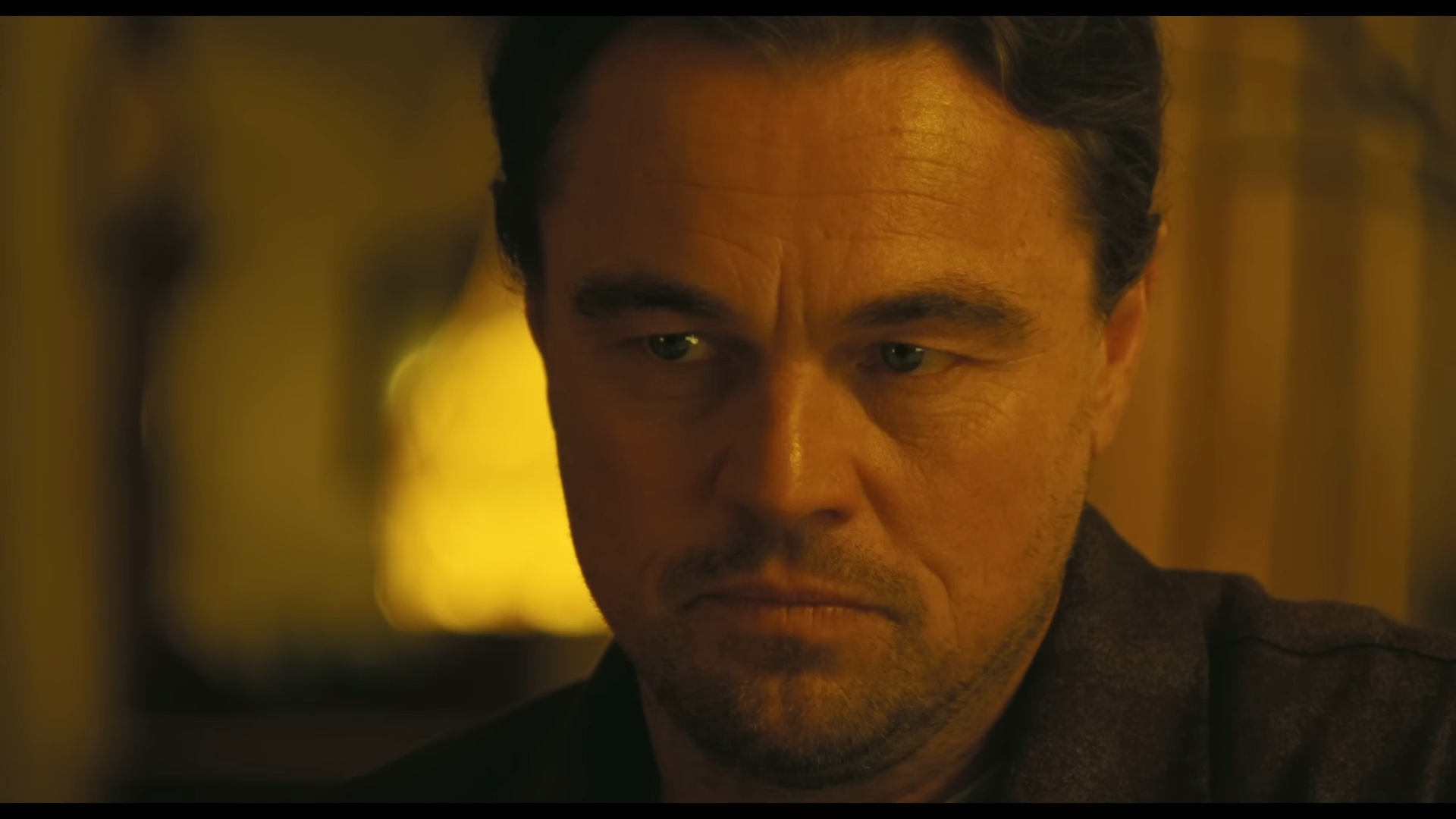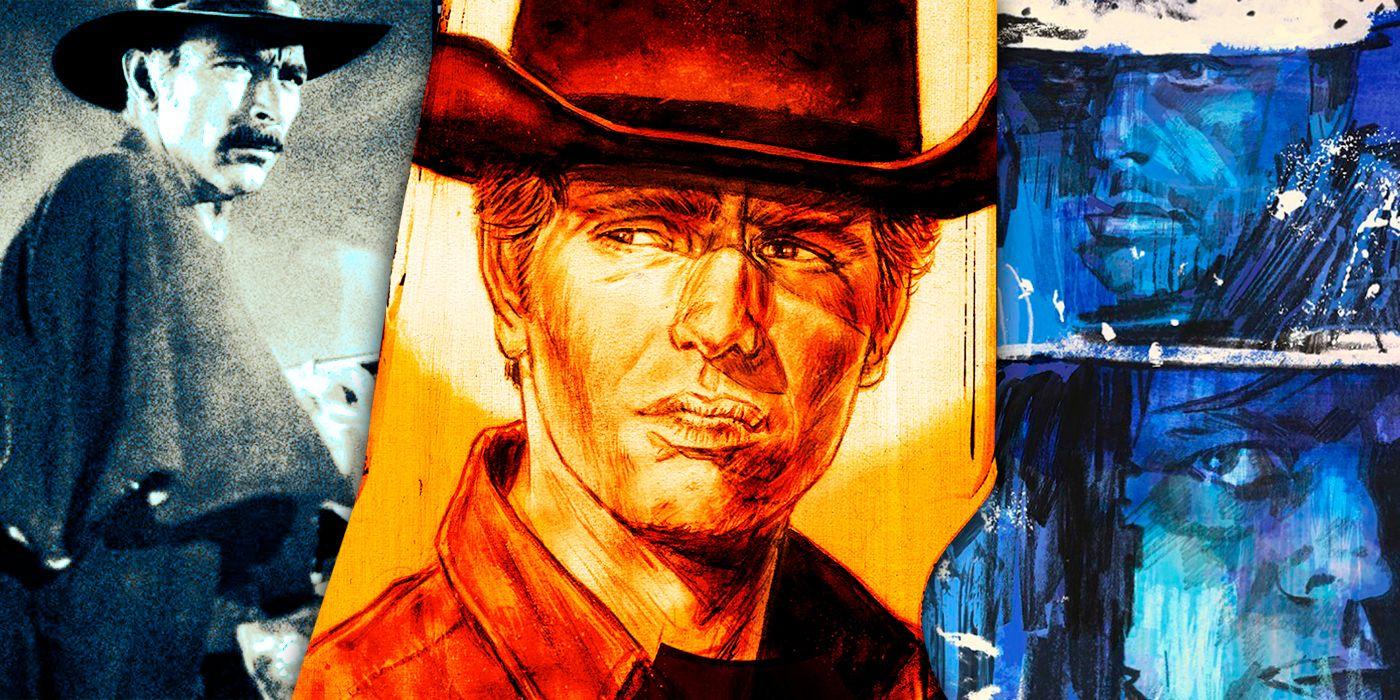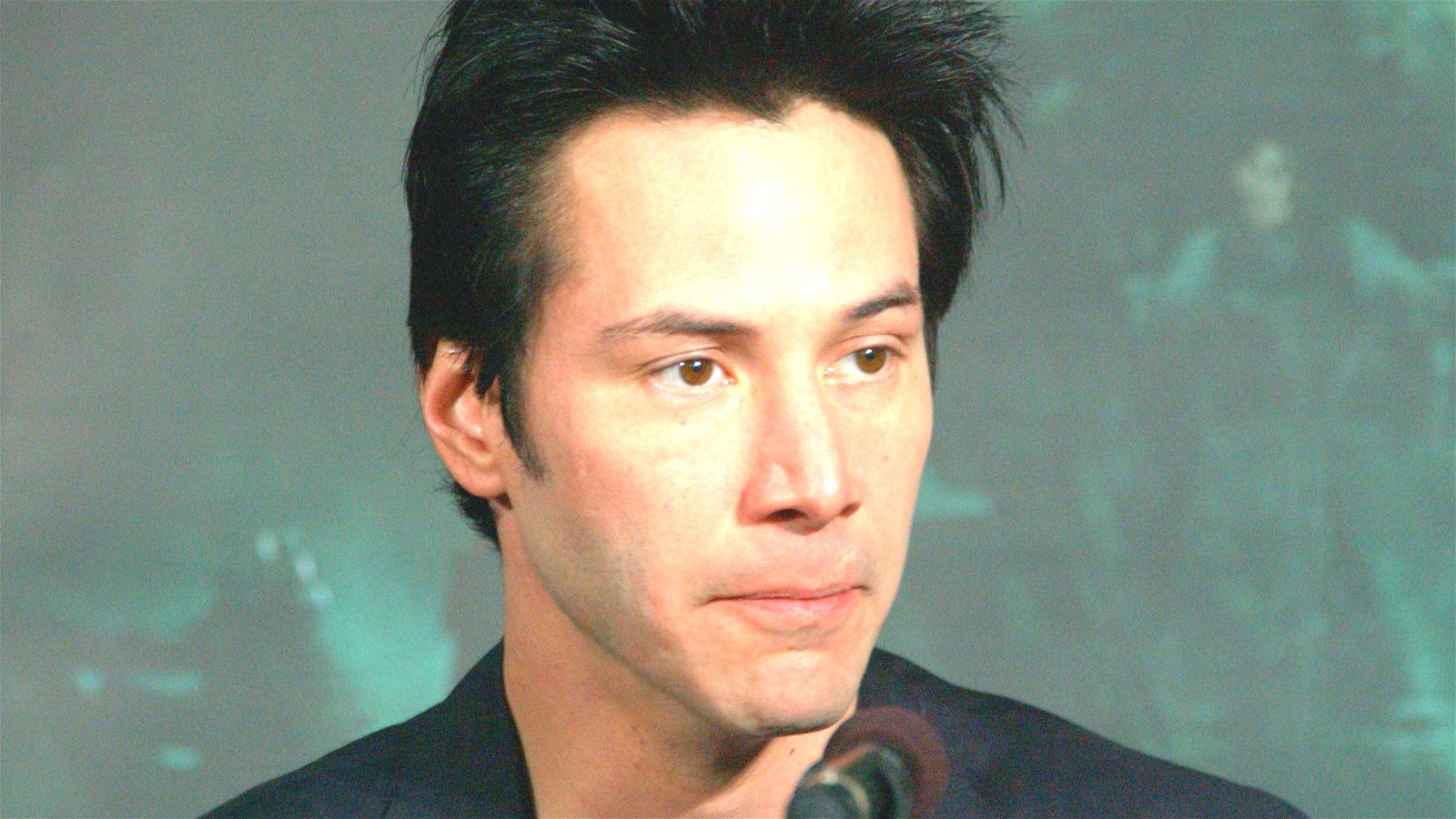Leonardo DiCaprio’s latest cinematic project brings to light one of the most pressing issues of our time: the growing sense of division within modern culture. Through this film, he aims to encourage reflection, dialogue, and understanding in a world increasingly fragmented by opposing perspectives.
Leonardo DiCaprio has long been recognized not only as an acclaimed actor but also as a figure profoundly involved with societal and ecological issues. His professional journey is characterized by selections that emphasize more than mere artistic ability; they demonstrate a strong commitment to using narrative as a means of addressing global challenges. His latest movie continues this trajectory, concentrating on the cultural divides that influence modern life and the complexities of creating mutual understanding in a time when polarization appears to dominate both public and private dialogues.
The role of cinema in reflecting cultural tensions
Throughout history, cinema has been a mirror of society, capturing moments of unrest, transformation, and collective uncertainty. DiCaprio’s decision to take on a film that addresses division is consistent with this tradition, recognizing the potential of film to make audiences reconsider their assumptions. Rather than presenting simplistic answers, the narrative is designed to challenge viewers to see beyond entrenched positions and recognize the shared humanity that often gets lost in heated debates.
This approach highlights how films can transcend entertainment. They allow complex subjects—such as cultural polarization—to be approached through human stories that resonate universally. Characters placed in situations of conflict can reveal how fear, misunderstanding, or identity struggles affect relationships, while at the same time offering opportunities for empathy. DiCaprio’s intention is to use cinema as a space where audiences can pause and reflect, even if only for a few hours, on the consequences of division and the possibilities of connection.
A professional path defined by accountability and mission
DiCaprio’s filmography demonstrates a recurring theme: a dedication to selecting roles and projects that transcend mere commercial success. From the intense portrayal in The Revenant to the astute societal analysis in Don’t Look Up, his selections show a purposeful focus on narratives exploring themes of survival, ethics, ambition, and the planet’s future. His advocacy for combating climate change further strengthens his reputation as an artist who uses his influence to highlight global issues.
Este nuevo largometraje toma un rumbo similar. Al centrar la atención en las divisiones que fragmentan comunidades, DiCaprio se presenta no solo como actor, sino también como una voz cultural que incita a la reflexión. Para él, las películas no deben evitar la realidad; más bien, deberían facilitar el diálogo, permitiendo que el público enfrente verdades incómodas. Este tipo de narrativa fomenta la conversación, lo cual es especialmente relevante en un contexto donde la polarización ideológica a menudo reduce problemas complejos a enfrentamientos simplistas.
Cinema as a bridge in a polarized world
One standout feature of DiCaprio’s viewpoint is his conviction that films can act as a connector between conflicting groups. Narratives that explore common human feelings—such as love, fear, loss, and hope—can transcend divisions, enabling viewers to see themselves in characters who initially may appear distinct. This understanding is essential in periods dominated by “us versus them” mentalities.
The performer stresses that his recent undertaking is not designed to offer immediate answers. Rather, its worth is found in stimulating consideration and motivating people to ponder their personal contributions to perpetuating or resolving separation. By means of narratives, the movie establishes a comfortable environment where challenging topics can be addressed without aggression. This highlights the ability of movies not only to amuse but also to mend, unite, and motivate.
An ageless topic with increased importance
While cultural fragmentation is not new, its intensity in the digital age makes it particularly urgent. Social media platforms, political rhetoric, and the accelerated spread of information have magnified divides, turning differences into entrenched identities. Against this backdrop, DiCaprio’s film arrives as a reminder of the importance of empathy and dialogue. His work suggests that division can be explored, understood, and perhaps softened when approached through the lens of storytelling.
The movie also aligns with a larger tradition in the film industry where filmmakers and performers have employed their craft to tackle societal issues. From older films that tackled racial conflicts to newer films exploring disparities, the screen has eternally been a medium for reflecting on shared problems. DiCaprio’s endeavor places itself within this tradition, highlighting that cultural division is among the central challenges of today’s world.
The choice made by Leonardo DiCaprio to tackle the topic of division is both relevant and essential. By highlighting this matter, he shows once more that film can transcend entertainment, encouraging people to think about what brings us together rather than what divides us. His movie is more than just another project in his body of work; it serves as a commentary on the duty of art in times of discord, reminding viewers that narrative continues to be one of humanity’s most powerful instruments for creating connections.





